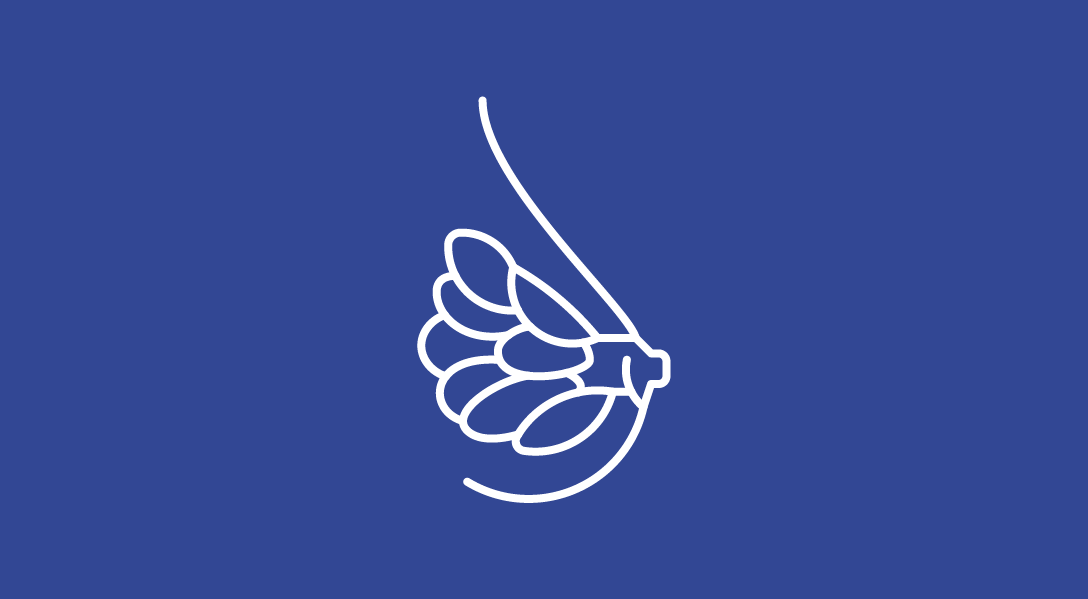Isolation in Childhood Cancer Survivors
Melissa Long knows firsthand what it is like to battle isolation and depression as a teenage cancer survivor. Today, as a pediatric oncology nurse, she helps children and teens with cancer battle their disease while also using her own experience to help prepare them for possible late effects of treatment-especially the ‘invisible' emotional ones.
“I vowed that if I made it through this experience, I would go back and help other children going through the same thing, and that is exactly what I am doing today.”
Melissa Long knows firsthand what it is like to battle isolation and depression as a teenage cancer survivor. Today, as a pediatric oncology nurse, she helps children and teens with cancer battle their disease while also using her own experience to help prepare them for possible late effects of treatment—especially the ‘invisible’ emotional ones.
“Trying to adjust back into normal life after dealing with cancer was not fun for me. No matter how hard I tried to act like it never happened, I was left with physical, emotional, and mental scars that were impossible to suppress. Trying to act like I was just like every other kid in school—when I clearly wasn't—left me feeling so alone.”
Melissa was diagnosed with Wilms’ tumor when she was 10. Her memories of treatment include chemotherapy, radiation, vomiting, fevers, and sepsis from a central line infection. But as difficult as her treatment was, Melissa found the late effects to be perhaps the most challenging of all.
“I was diagnosed with scoliosis when I was 15 from my radiation treatments and from there, it seemed like one late effect after another would pop up. As if going through cancer wasn't bad enough, now I'm having problems arise from the treatments used to get rid of the cancer. This put me over the edge, and I ended up resentful and depressed. The worst part was that I didn't feel comfortable talking to anyone about it, so I kept it all in for many years.
Not only does childhood cancer lack awareness, but I firmly believe that the after-effects of an experience like this lack awareness as well. Don't get me wrong, I wouldn't change my experience for anything because it has made me into who I am today, but the path to getting here hasn't been an easy one.” [Read Melissa’s full story]
Although Melissa felt alone, her posttreatment challenges are experienced by many childhood cancer survivors. Over 95% of childhood cancer survivors will experience a significant health-related issue by the time they are 45 years old. One-third of them experience late effects that are serious and possibly life-threatening.
One study found that male survivors of certain childhood cancers have a 50% increased risk of mental health—related hospital visits. For females, it’s a 26% increased risk. Kids diagnosed before age 10—exactly Melissa’s age—have the highest risk of developing a mental disorder like anxiety or depression.
Melissa reminds us how important it is to let survivors and families know they are not alone. By sharing your story, you can do the same!
Olaparib Plus Chemo May Not Improve Outcomes vs Chemo Alone in BRCA Wild-Type TNBC
April 23rd 2024Patients with BRCA wild-type triple-negative breast cancer treated with olaparib on a gap schedule with chemotherapy did not experience improved responses compared with chemotherapy alone in the neoadjuvant setting.




